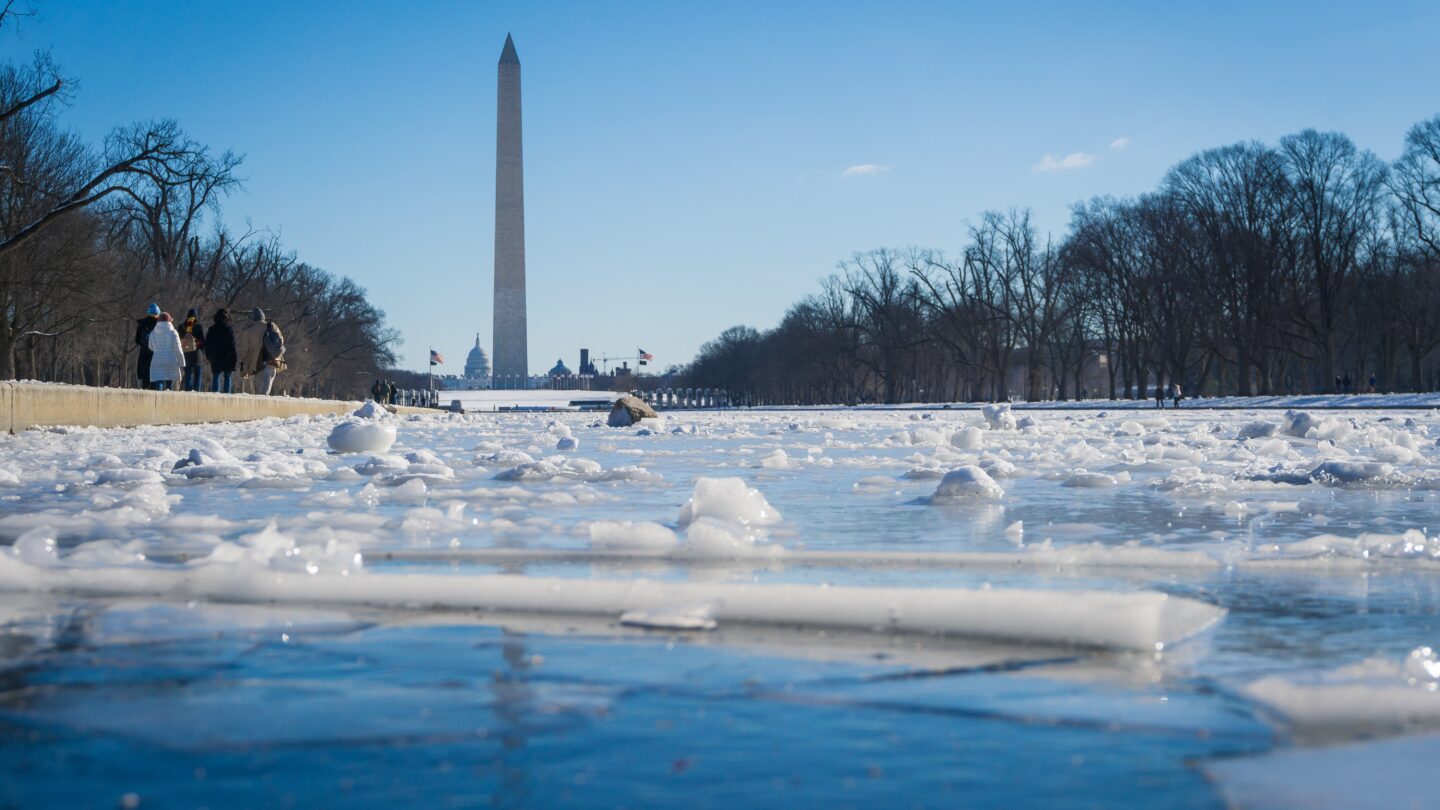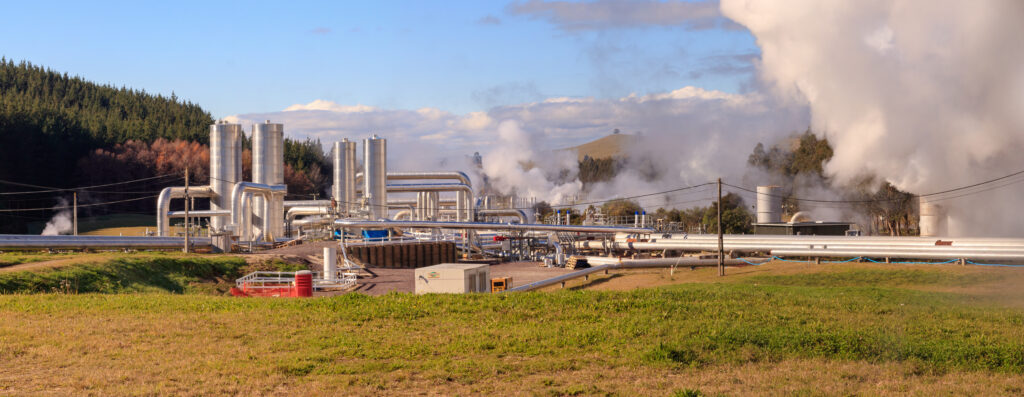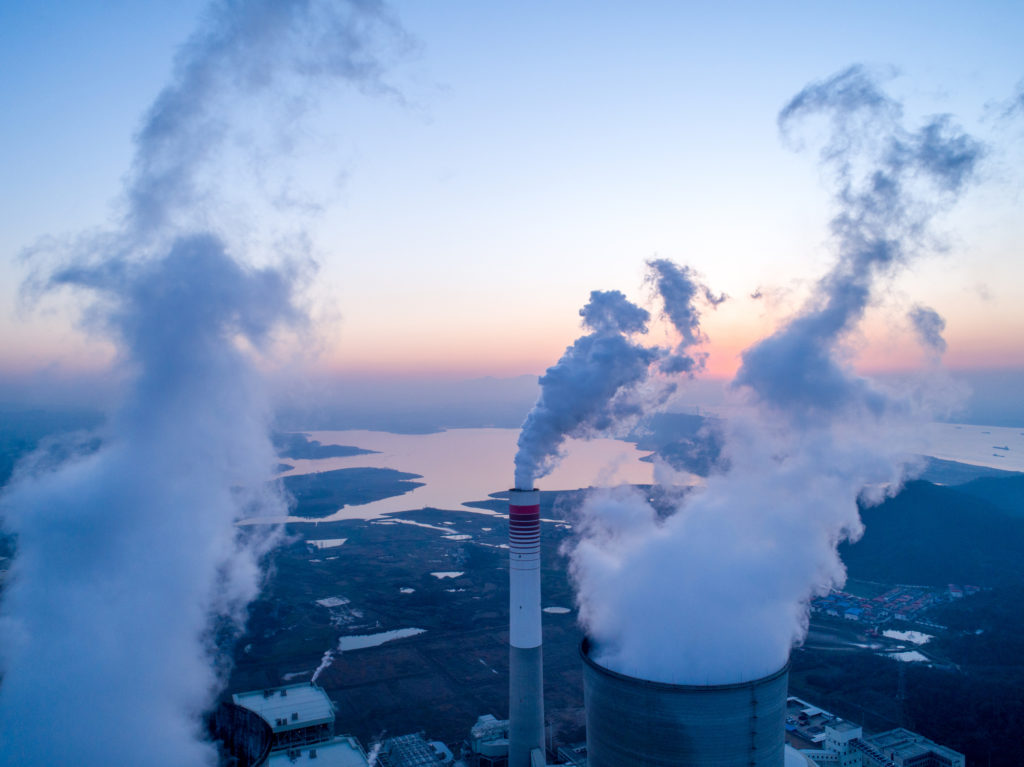There has been much recent speculation that once Energy Secretary Rick Perry gets the report he commissioned on renewable power’s effects on national grid reliability, he may invoke his emergency powers under § 202(c) of the Federal Power Act and require coal-fired power plants, which are scheduled to shut down for economic reasons, to continue operating. Section 202(c) provides that in an “emergency,” DOE can “require by order such temporary connections of facilities and such generation, delivery, interchange, or transmission of electric energy as in its judgment will best meet the emergency and serve the public interest.”
However, assuming that Perry gets the answer he is supposedly looking for – renewables are endangering grid reliability – it is not clear that Congress intended § 202(c) be used for things like a last-ditch attempt to make coal great again.
To begin with, “emergency” seems to mean just that: § 202(c) may be invoked for “any war in which the United States is engaged, or whenever the Commission determines that an emergency exists by reason of a sudden increase in the demand for electric energy, or a shortage of electric energy or of facilities for the generation or transmission of electric energy, or of fuel or water for generating facilities, or other causes.” The legislative history confirms that Congress intended this to be used for wars, sudden demand spikes, fuel shortages, etc., and not for a slowly-developing situation such as renewable power allegedly posing a reliability threat to the grid:
The emergency powers given the Federal Power Commission which were indefinite in the original bill have been spelled out with particularity in section 202(c) and appropriately limited to periods of war or other emergency. At such times the Commission may require such temporary connections, and such generation, delivery, interchange or transmission of energy as it considers necessary to meet an emergency shortage. S.Rep. No. 621, 74th Cong. 1st Sess. 19-20 (1935).
This is a temporary power designed to avoid a repetition of the conditions during the last war, when a serious power shortage arose. Id. at 49.
In contrast to the emergency powers in § 202(c), Congress provided separately for non-emergency situations in § 202(b). While § 202(c) confers broad authority by fiat, § 202(b) has both the usual procedural safeguards of notice and comment rule-making, and the substantive requirement that DOE’s order must not impose an “undue burden” on the affected utility. Thus:
On its face, § 202(c) enables the Commission to react to a war or national disaster and order immediate interconnection of the facilities to maintain electrical service during such emergency. As such, the section enables the Commission to proceed without notice or hearing. On the other hand, § 202(b) applies to a crisis which is likely to develop in the foreseeable future but which does not necessitate immediate action on the part of the Commission. Otter Tail Power v. Federal Power Commission, 429 F.2d 232, 234 (8th Cir. 1970).
A “threat” to reliability posed by increasing amounts of renewables on the grid seems far more like “a crisis which is likely to develop in the foreseeable future” than one requiring “immediate action” from DOE.
Interestingly, the D.C. Circuit has dealt with a previous attempt to use § 202(c) to support coal-fired power, in Richmond Power & Light v. FERC, 574 F.2d 610 (1978). There, the utility challenged FERC’s refusal to use its § 202(c) authority to get coal power from the Midwest to the East Coast (“coal by wire”) when the 1973 OPEC embargo threatened the reliability of oil-fired generation, instead opting for a voluntary program. The court opined that:
Richmond’s second contention, that dependence on imported oil leaves this country with a continuing emergency, compels no different result. We are fully mindful, of course, that current national policy is to discourage reliance on foreign oil, but we cannot fault the Commission for reading Section 202(c) as devoid of a solution. That section speaks of “temporary” emergencies, epitomized by wartime disturbances, and is aimed at situations in which demand for electricity exceeds supply and not at those in which supply is adequate but a means of fueling its production is in disfavor. Id. at 615 (emphasis added).
Hmmm . . . a situation “in which [electricity] supply is adequate but a means of fueling its production is in disfavor.” Sounds familiar: Just substitute “renewable” for “oil-fired“ generation.
Finally, it is worth noting that in 2015, Congress amended § 202(c) to ensure that plants operating pursuant to a § 202(c) order would not be subject to penalties for environmental violations as a result. If such an order “conflict[s] with a requirement of any Federal, State, or local environmental law or regulation” it is only good for 90 days (although DOE can continue to reissue it if “necessary to meet the emergency and serve the public interest.”) This amendment supports the conclusion that Congress intended § 202(c) to be invoked only for a true “emergency.”
In short, Secretary Perry would be ill-advised to try using § 202(c) in pursuit of this Administration’s political agenda to bail out the coal industry.






